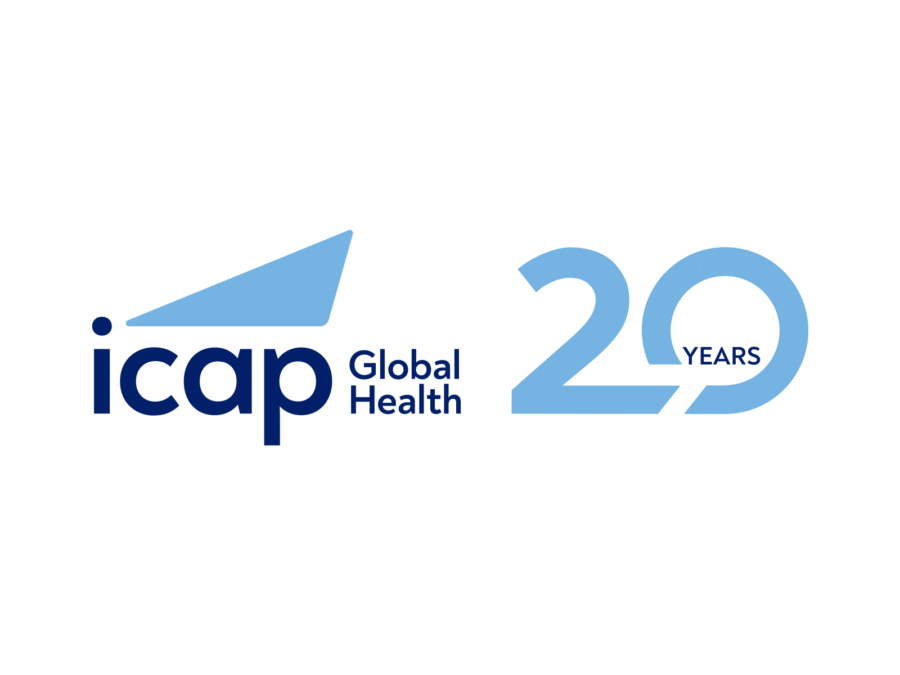In June 2016, ICAP partnered with Swaziland’s Ministry of Health and PEPFAR to convene a three-day workshop to explore the practical challenges of scaling up routine viral load testing in sub-Saharan Africa for people on antiretroviral treatment (ART) for HIV. The conference was supported by HRSA and the Bill & Melinda Gates Foundation.
The conference brought together over 150 public health experts from 15 countries, including representatives of ministries of health, PEPFAR country teams, and civil society with experience in program management, clinical and laboratory services, community engagement, and monitoring and evaluation. Co-conveners included the International Treatment Preparedness Coalition and the African Society for Laboratory Medicine.
In response to new global guidelines, the ambitious UNAIDS 90-90-90 targets for HIVprograms, and the availability of new technologies, participants have been working to improve the impact of HIV services. The conference, which included plenary, symposia, and breakout sessions, addressed the challenges of moving from targeted to routine viral load testing, and how a quality improvement framework can contribute to reaching the “third 90”—achieving viral suppression for at least 90 percent of people on ART.
“Increased availability and affordability of viral load testing presents exciting opportunities to enhance the outcomes of people living with HIV,” said Dr. Miriam Rabkin, director of health systems strategies at ICAP. “But implementing high-quality routine viral load testing at scale poses multiple challenges, from ensuring that laboratory systems are in place, to supporting clinicians to use viral load test results swiftly and accurately, to empowering patients and communities to understand and advocate for viral load testing.”
By convening participants from diverse countries and technical specialties, ICAP hoped to break down the silos and to create a community of practice, in which countries could share experiences and lessons learned.
“Lessons learned from CD4 testing demonstrate that although CD4 tests have been routinely recommended in national guidelines, they are not often performed on time or at regular intervals,” said Dr. Tanya Ellman, clinical officer for adult care and treatment at ICAP. “Viral load testing is likely to face similar barriers, making effective training and technical support essential.”
ICAP is partnering with ministries of health and national AIDS programs in Swaziland and others countries to support this major programmatic shift and to implement a range of initiatives to ensure the “third 90” is achieved at scale. In Swaziland, ICAP has partnered with the MOH to scale up HIV care and treatment programs since 2005. More recently, ICAP has been engaged in a multifaceted, update of clinical, laboratory, and patient-centered materials to ready Swaziland for the eventual transition to routine viral load monitoring.
ICAP’s Clinical and Training Unit is supporting the development of several viral load support tools, including an illustrated flipchart for health care workers to use when explaining viral load results to patients and providing intensive adherence counseling for those with high viral loads. ICAP is also working with Swaziland to adapt standard operating procedures (SOPs) according to national guidelines on viral load monitoring and integrate them into existing clinical systems of delivery.
ICAP has developed a viral load monitoring SOP template for health care workers. The SOP provides detailed step-by-step instructions regarding when to send viral load, how to handle specimens, and clinical algorithms for patient management based on results.
ICAP is providing technical assistance and logistical support to strengthen quality management systems across more than 60 labs in Swaziland, serving upwards of 150,000 ART patients. While access to HIV treatment has improved, challenges to diagnosing, linking people to treatment, optimizing ART, retaining patients in care, and achieving durable viral suppression remain.
“Laboratory systems are essential to scaling up routine viral load testing,” noted Dr. Bereket Alemanyehu, ICAP’s associate director of laboratory services. “But a functioning lab alone is not enough. We also need to support clinicians, program managers, and patients to ensure that the tests are not only ordered, but that the results are actually used to guide timely and effective patient management.”
As ICAP moves to support Swaziland’s MOH to finalize an implementation plan for routine viral load testing, including everything from laboratory and clinical SOPs, to equipment, to training, it is building on a decade’s worth of productive partnership and health systems strengthening to support this important transition.
Delivering viral load monitoring at scale requires that systems are in place, patients and communities are aware and engaged, and systems for monitoring and evaluation have been adapted to reflect new program designs. Equally important is a strong community of public health professionals engaged in expert dialogue, as well as practical, south-to-south exchange. As national AIDS programs launch and expand their viral load testing programs, the convening in Swaziland provided the opportunity for just that to take place.








